The Origin of Spirits
The origin of spirits is one of the most fascinating and challenging topics in Spiritism. Since Allan Kardec’s codification, scholars, mediums, and spiritual seekers have tried to understand where we come from, what our essence is, and how we relate to God.
Were we created? Or have we always existed as part of the universal intelligent principle? In this article, we explore these questions through the lens of Spiritist philosophy, religious culture, and even modern science.
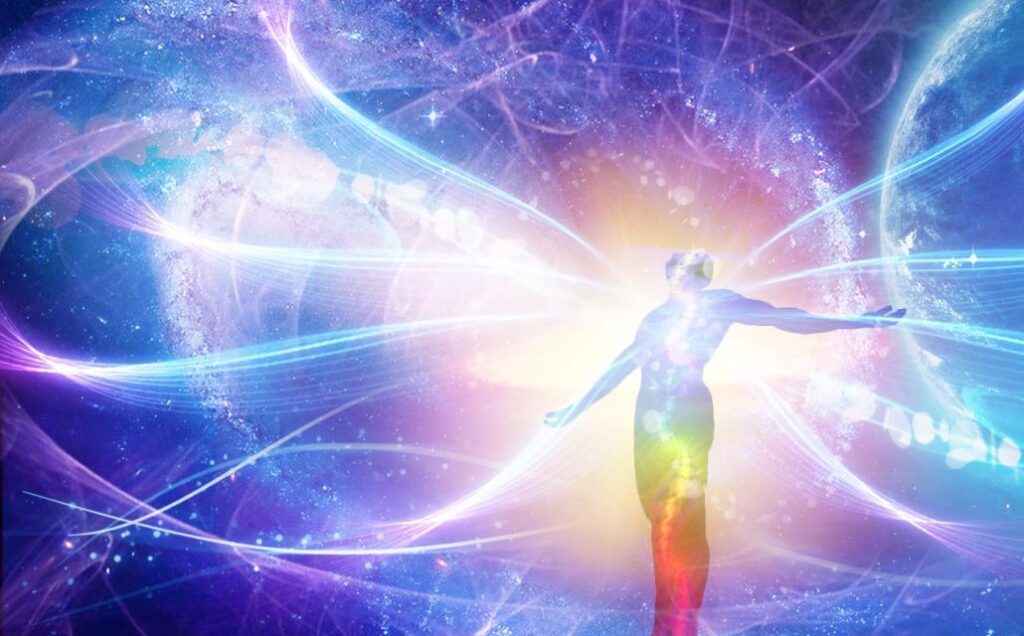
The origin of spirits and the limits of human reason
Kardec reminds us in The Spirits’ Book that many questions about spirituality are beyond our full comprehension. Much of what we know today results from reasoning, intuition, and spiritual experience. Even so, highly evolved spirits—some known, others anonymous—have shared fragments of answers that continue to inspire humanity.
Nevertheless, Kardec himself invites us to practice reasoned faith, balancing logic and intuition.
How to study the origin of spirits critically
To go deeper into this subject, it is important to keep an open yet questioning attitude. A constructive method may include:
- Evaluating the historical and cultural context in which the text was written.
- Identifying the cultural and philosophical influences on the author.
- Understanding the intended audience.
- Interpreting the author’s particular vision of the theme.
- Only then, developing our own critical reflection.
Additionally, we must consider possible translation errors, which are common even in codification works.
The Christian influence on the birth of Spiritism
In his Rational Catalog, Kardec recommended studying Eastern philosophies such as the Bhagavad Gita. Spirits advised not to dismiss any religion, since all hold seeds of truth.
Even so, Spiritism was deeply shaped by Christianity, for two main reasons:
- The spirits who helped codify Spiritism were closely linked to Christianity and saw it as the Third Revelation, after Moses and Jesus.
- In 19th-century Europe, Buddhism, Hinduism, or Taoism were scarcely known. Therefore, the Gospel of Jesus became the most accessible moral foundation.
This cultural heritage remains to this day, reflected in Spiritist language and practice.
God, spirit, and matter: the universal triad
According to codification, the universe has two fundamental elements:
- Matter: in all its forms, including vital fluid.
- Spirit: understood as the intelligent principle of the universe.
Above them is God, the creator of all things. Kardec thus describes a universal trinity: God, spirit, and matter, connected by the universal fluid acting as an intermediary.
Are we created or part of God?
In question 77 of The Spirits’ Book, spirits affirm that we are creations of God. Yet the dilemma remains: if everything comes from God and He is infinite, how could there be anything outside of Him?
This paradox still challenges scholars today. Are we an independent creation or an emanation of God’s own essence?
The individualization of the intelligent principle
Spirits revealed to Kardec that:
- Spirit is the individualization of the intelligent principle.
- The exact process of this individualization remains unknown.
- We still do not know whether matter is eternal or was created at some point.
In short, we know we are immortal, yet we do not fully understand how we became individual beings.
Created or eternal? The question of immortality
Kardec asked: if spirit had a beginning, how can it be immortal?
In question 83, the answer suggests that the spiritual essence is eternal, but the process of individualization had a starting point. Thus, our ultimate origin lies in the intelligent principle, which has always existed.
Spirit and science: contemporary reflections
Today, cosmology and theories such as the Big Bang offer new perspectives.
If science confirms that matter had a beginning, Spiritism suggests that the spiritual principle is uncreated and eternal.
This bridge between science and spirituality reinforces the idea that we are immortal and part of God, while still undergoing continuous individual evolution.
Conclusion: the origin of spirits remains an inspiring mystery
We do not know exactly when or how spirits came to be. Yet what we learn from Kardec and spiritual mentors is that our essence is eternal, our individuality is immortal, and our journey is always tied to God.
Ultimately, what matters most is not the beginning, but the purpose of life: to evolve morally, to love, and to serve.
FAQ – Origin of Spirits
- Have spirits always existed?
According to codification, no. Spirits were created by God, but the spiritual principle is eternal. - What is the difference between spirit and soul?
Spirit is the immortal being. Soul is the spirit incarnated in a physical body. - Does Spiritism believe we come from God?
Yes. We are emanations or creations of God, linked to the universal intelligent principle. - Why did Kardec rely so much on Christianity?
Because in the 19th century, it was the best-known religion in Europe and directly connected to the spirits that aided codification. - Can science explain the origin of spirits?
Not yet, but theories like the Big Bang align with the Spiritist idea that matter had a beginning, while the spiritual principle is eternal.
Share this content:
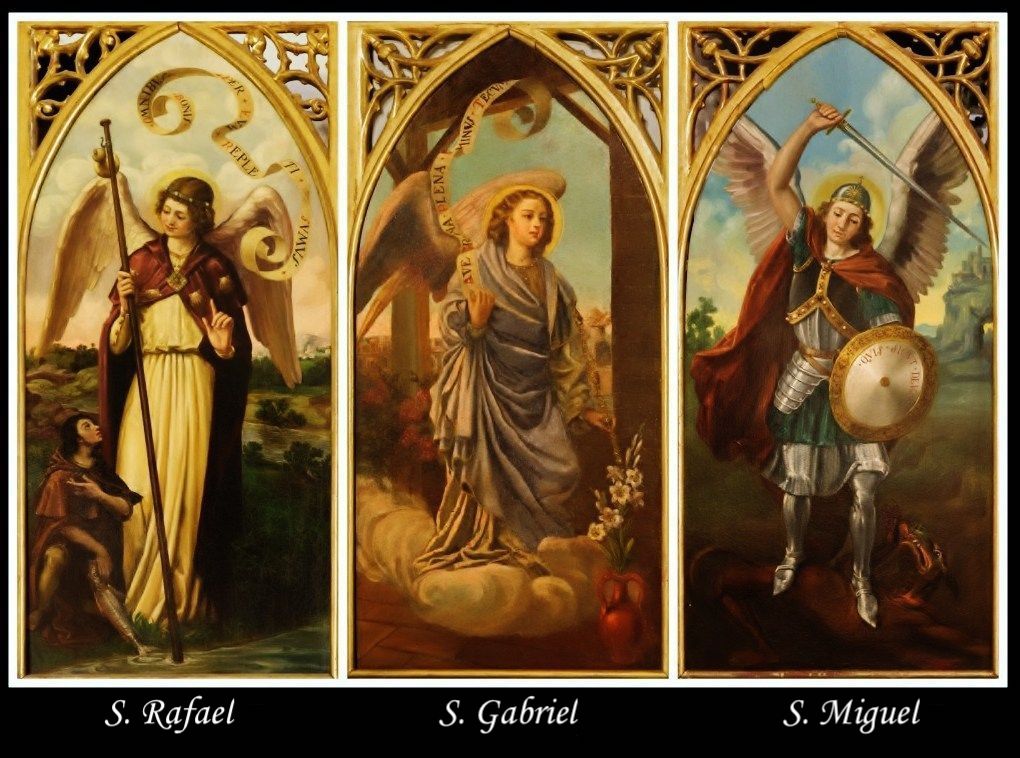


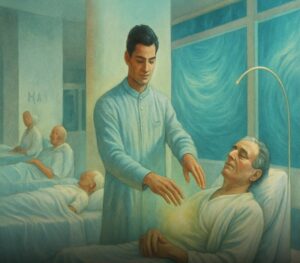

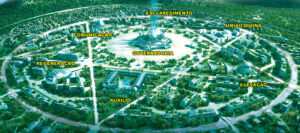


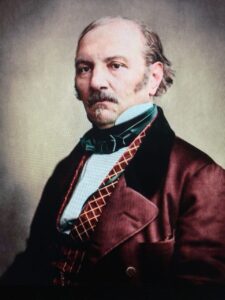
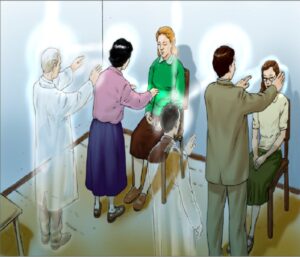



Post Comment